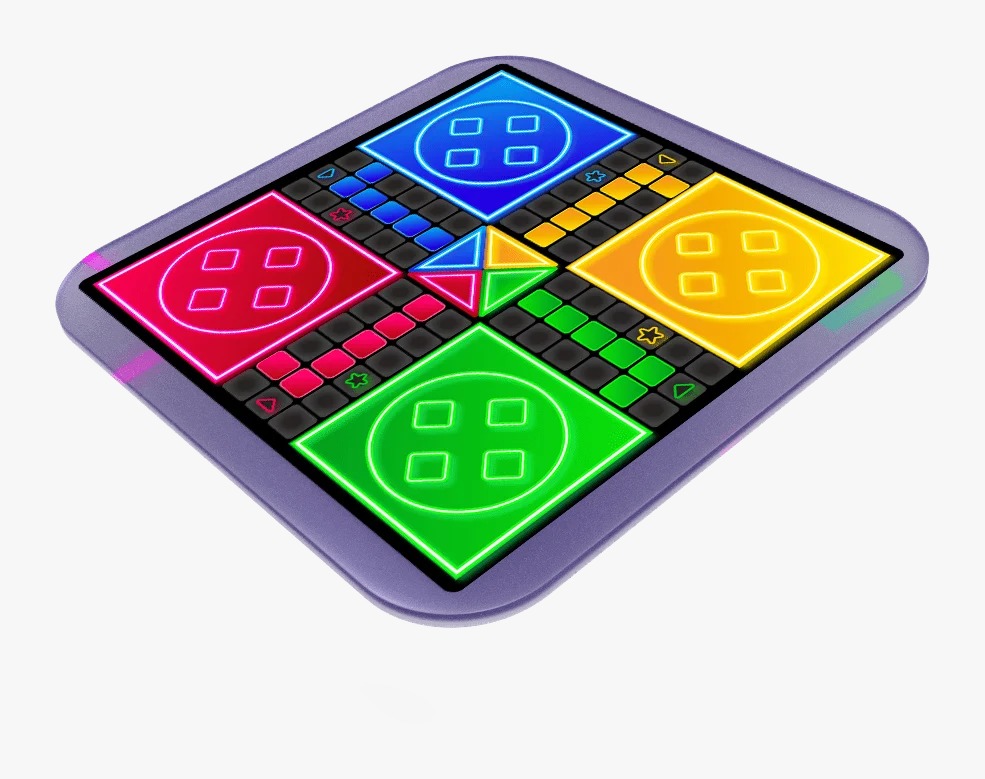Introduction
https://www.ludogames.org, often referred to simply as “Ludo,” are a category of board games that have been entertaining people for centuries. Rooted in ancient games like Pachisi from India, Ludo has evolved into a global phenomenon, with various digital and physical versions captivating players of all ages. In this article, we’ll delve into the history, mechanics, cultural impact, and evolution of Ludo, highlighting its significance as a Ludogames.
History of Ludo and Ludogames
Ludo has its origins in Pachisi, an ancient Indian game dating back over a thousand years. Pachisi, often referred to as the “Royal Game of India,” was played on a cross-shaped board, with players moving their tokens based on dice rolls. The game gained immense popularity among the Indian aristocracy and made its way across the world during the British colonial period.
In 1896, an adapted version of Pachisi was patented in England as “Ludo.” The game was simplified and adapted for a Western audience, and it became widely popular as a household game. Over time, various countries developed their own versions of Ludo, each adding their cultural nuances to the gameplay. For example, Mensch ärgere Dich nicht is a German version, while Parcheesi is widely played in North America.
The Mechanics of Ludogames
At its core, Ludo is a race game. Players compete to move their tokens from the start position to the home base by navigating around the board. The game can accommodate two to four players, and the objective is to be the first to get all of one’s tokens to the central home base.
Key mechanics include:
- Dice Rolls Players take turns rolling a die, which determines how many spaces their tokens move.
- Safe Zones and Capturing: Some spaces on the board act as “safe zones” where tokens cannot be captured, while landing on an opponent’s token sends it back to the start.
- Strategy vs. Luck While luck plays a significant role due to dice rolls, strategy is important in deciding which tokens to move and when to block opponents.
The Global Appeal of Ludo
Ludo’s simplicity and versatility have made it a favorite around the world. Its rules are easy to grasp, making it accessible to people of all ages. The thrill of dice rolls combined with the strategic decisions of moving tokens create a game that is both competitive and fun.
Digital Transformation of Ludogames
In the 21st century, Ludo underwent a significant transformation with the advent of digital gaming. Mobile apps and online versions of Ludo surged in popularity, especially during the COVID-19 pandemic. Apps like *Ludo King* gained millions of users, offering online multiplayer modes and global leaderboards. These digital versions retained the essence of the traditional board game while adding features like chat, themes, and customization.
The success of Ludo in the digital sphere can be attributed to its portability, ease of access, and the ability to connect people across the world. The online versions have also introduced new generations to the game, revitalizing interest in a classic pastime.
Cultural Significance
Ludo has become more than just a game in many cultures. It represents family bonding, a break from the monotony of daily life, and a way to pass time in an engaging manner. In many households, Ludo is a staple during festivals, family gatherings, or friendly get-togethers. Its enduring appeal is evident in how it transcends language and geographic barriers, becoming a unifying activity.
The Future of Ludogames
As technology continues to evolve, Ludo will likely remain relevant through innovation. Augmented reality (AR) and virtual reality (VR) could provide immersive experiences for players, while further integration with social media will continue to bring players together across continents.
Moreover, the potential for Ludo esports could create competitive leagues and tournaments, adding a new dimension to the game. With the rise of digital currencies, there is also the possibility of integrating token-based economies or rewards in future versions of the game.
Conclusion
https://www.ludogames.org like Ludo have a long and rich history, from their origins in ancient India to their global domination in the modern digital world. Their simplicity, adaptability, and ability to bring people together have ensured their timeless appeal. As both a physical board game and a digital phenomenon, Ludo continues to evolve while retaining the essence that has made it a beloved game for centuries.

